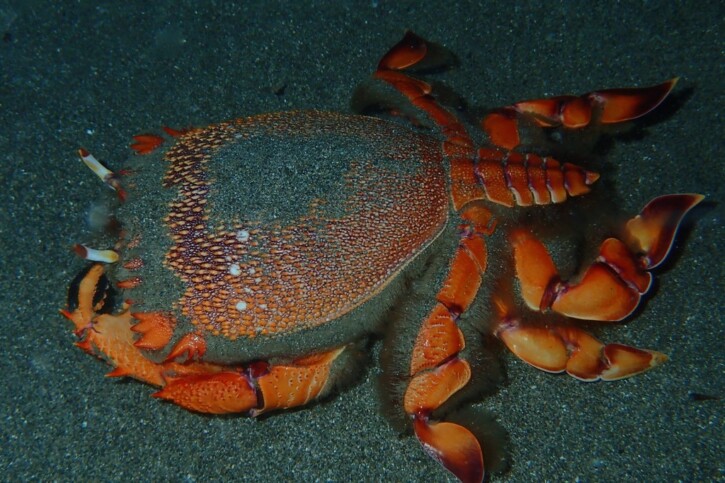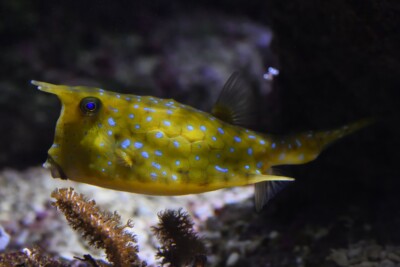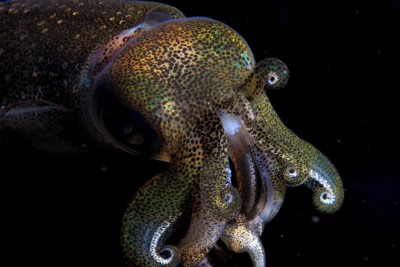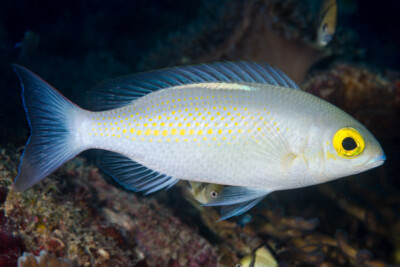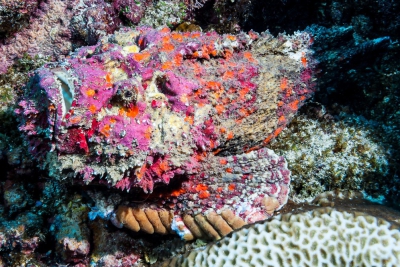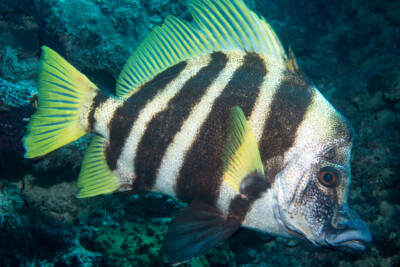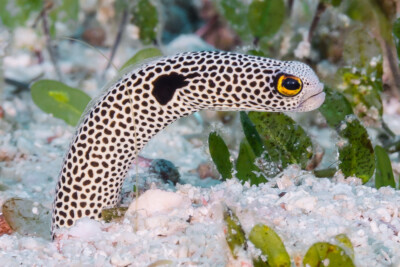Ranina ranina
| Scientific name | Ranina ranina |
|---|---|
| Descriptor | Linnaeus |
| Year of description | 1758 |
| IUCN category (World) | NE |
| Family | Raninidae |
| Genus | Ranina |
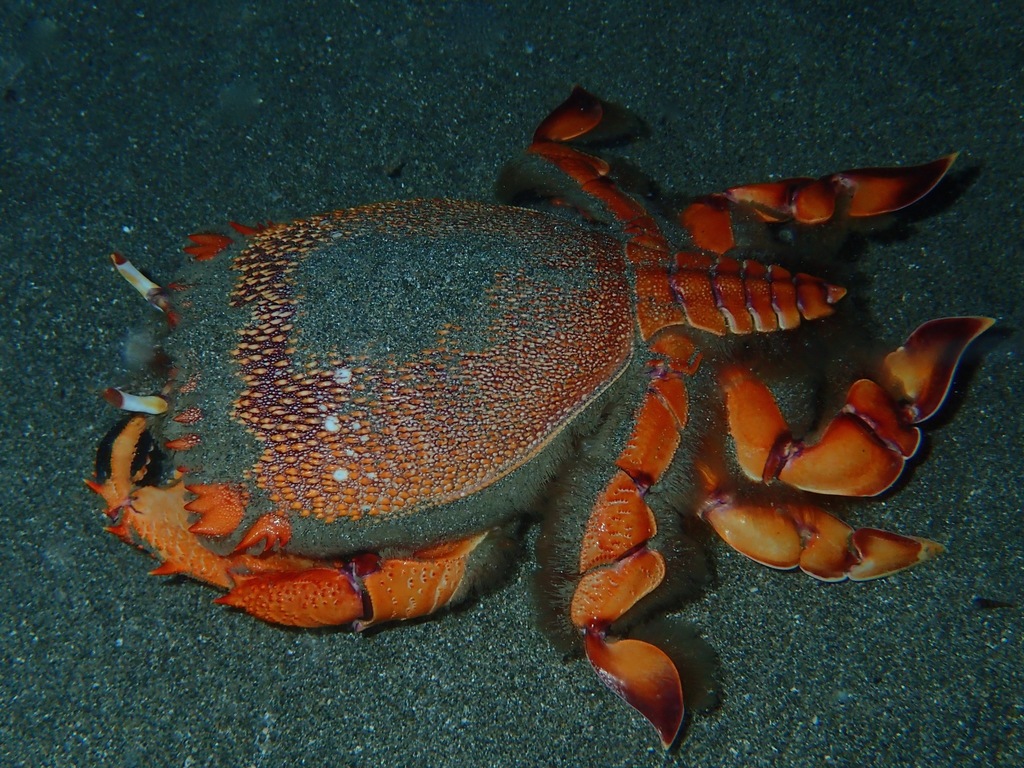

Introduction
Ranina ranina is a salt water crustacea.
This sheet is currently being prepared. The texts currently proposed come from our data model or are being drafted. To request priority for this content, you can write to us HERE.
Who is it?
Morphology
-
Average size12 cm
-
Maximum size17 cm
-
Average size12 cm
-
Maximum size17 cm
How to recognize this crustacea ?
Ranina ranina measures between 12 and 17 cm. this crustacea is unicolore with a predominantly orange body.
Behaviour & Life cycle
-
Sociabilitysolitary
-
territorialNo
-
VenomousNo
-
Way of livingnocturnal
Like all crustaceans, Ranina ranina molts whenever it becomes cramped in its shell. Before the hardening of its new body, it is more vulnerable and spends a good part of its time hidden. This mechanism, very complex, allows the periodic renewal of the exoskeleton and part of the internal skeleton. It is also during the moult that the females become fertile.
Ranina ranina is a crustacea solitary naturally found on the bottom. This species is scavenger . this crustacea lives mainly at night. Usually, it leaves its hiding place and starts to be active once it gets dark.
Although Ranina ranina is non-territorial, it is sometimes aggressive towards other species.
Ranina ranina has a tendency to dig the ground and bury itself in caves to take refuge.
Reproduction
-
Reproductionovipare
Ranina ranina is a crustacea ovipare.
Harmless species
This species does not represent any particular threats to humans when encountered in its natural environment.
Origin and distribution

Conservation status of populations (IUCN)
What is its habitat?
Natural environment characteristics
-
Temperature18 - 29 °C
-
Depth1 - 200 m
Biotope presentation
Ranina ranina is most often found at a depth between 1m and 200m. However, it is not impossible to find this species at other depths.
Species of the same biotope
To go further
Sources & Contributions
Participation & Validation
The Fishipedia team and specialist contributors are committed to providing high-quality content. However, although the information comes from scientific sources or testimonials from specialists, the cards may contain inaccuracies.

Adrien Falzon
Translation
Translation done with the valuable contribution of our translators, who make this information available to a wider audience. We sincerely thank them for their commitment.
Scientific partners
Tags
Species of the same biotope
